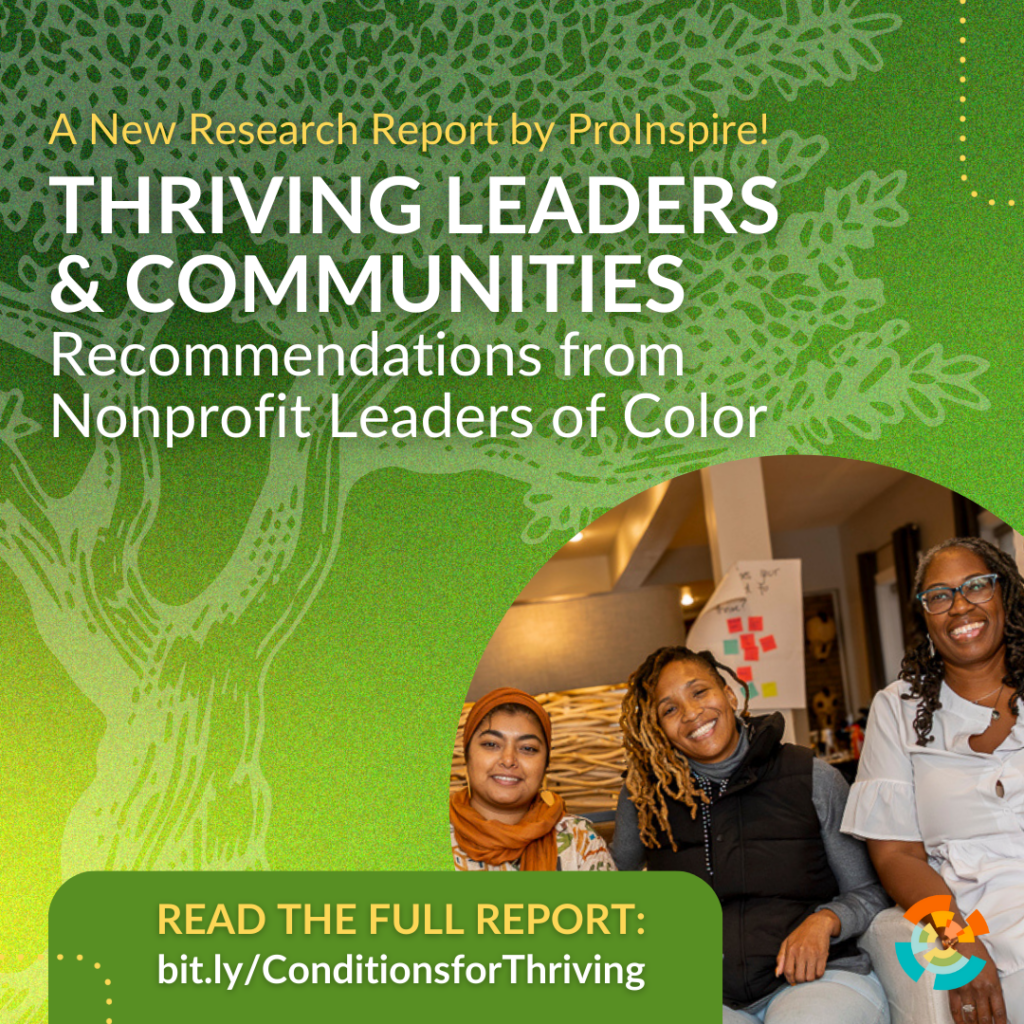
In the 2021-22 school year, only one in three fourth graders in the United States was reading at grade level, only one in four eighth graders was proficient in math, and rates of chronic absence had skyrocketed.
Everyone agrees that teens need more sleep. So why does school start so early? This report from the Abell Foudation examines the research on school start times and the implications for students in Baltimore City.
Governor Wes Moore announced the inaugural grant awardees of the Engaging Neighborhoods, Organizations, Unions, Governments, and Households (ENOUGH) initiat
The ninth annual report on trends in philanthropy from the Dorothy A. Johnson Center for Philanthropy aims to help fundraisers, grantmakers, donors, consultants, and more anticipate and prepare for what's next in our field. Five years since the COVID-19 pandemic reshaped our daily lives and presented us with challenges unlike any we’d faced before. Half a decade later, we’re left to reflect on how much has truly changed — and what remains the same.
All children, especially older children in foster care, need and deserve a loving family to support their lifelong growth.
Philanos is pleased to announce Crickett Woloson, Baltimore Women’s Giving Circle, as the 2025 recipient of The Willoughby Award.
Racial bias in home appraising can harm individuals by making home purchases more expensive or refinancing unattainable, but when compounded on the community level, it can have profound impacts on minority communities’ ability to build wealth. Using newly available federal data, this report finds evidence of systemic appraisal bias that undervalues homes in predominantly Black communities in Baltimore City and the surrounding counties.
Emerging adult justice focuses on achieving positive outcomes for people ages 18 to 25 involved in the criminal justice system. Why focus on this age range?
2025 is a big year for long-time Baltimore resident Chrissy Thornton. She’s turning 50, and the organization she’s led for more than two years turns 40.
So much of The Annie E.
Maryland is taking a meaningful step toward expanding economic opportunity for children and families.
Economic justice is often defined by policies, metrics, and outcomes—minimum wages, unemployment rates, wealth gaps. But what if true economic justice isn't just about better numbers?
FIND MORE BY:
As many grassroots groups have pointed out over decades, philanthropy, as an institution, is complicit in anti-Blackness. As funders, we can begin to remedy philanthropy’s unjust practices, policies, and outcomes through our explicit and intentional actions. Abundance is a movement in philanthropy to change practice, policy, mindsets, and ways of being to support Black people and communities. Join the session to hear how funders are taking action towards Abundance, and learn how you can be a part of the movement.
Maryland Philanthropy Network, in partnership with Maryland Nonprofits and Idealware, is pleased to offer a new course designed to save you time by providing you with the impartial information you need to accelerate your evaluation process of Grants Management software.
On August 14, 2021, a 7.2 magnitude earthquake hit Haiti. Hundreds have been deeply affected and thousands are injured while others will be left homeless or jobless. It can be tricky to determine how to sift through the information to prioritize philanthropic action. Our colleagues at Hispanics in Philanthropy and the Center for Disaster Philanthropy have both compiled lists of trusted resources to help philanthropy bring attention and aid to affected communities. We encourage you to review these resources and share your generosity by making donations to affected residents of the island.

